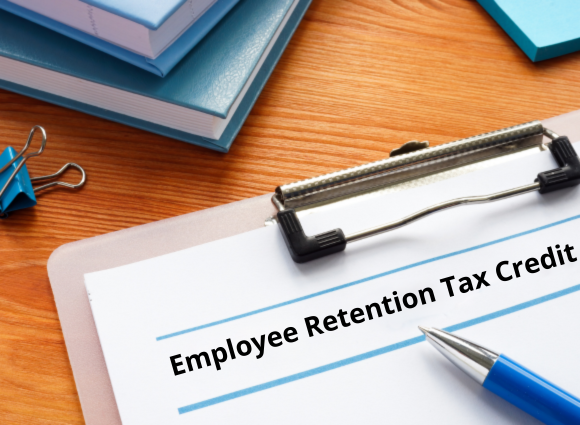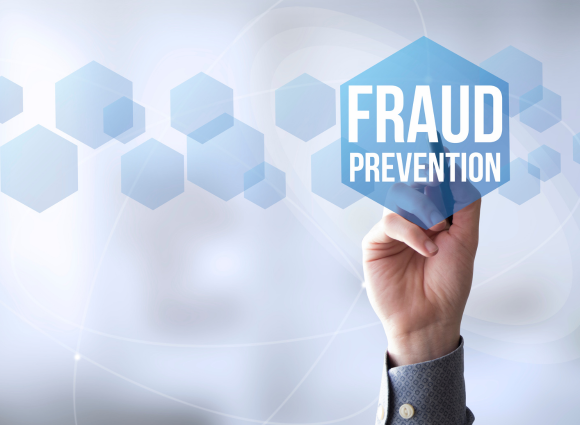
IRS Warns of Two New Tax Scams
Scammers continue to find unsuspecting victims long after tax season has ended. According to the IRS, scammers have launched two new variations of tax-related scams. The first scam involves Social Security numbers related to tax issues and the second scam threatens people with a tax bill from a fictional government agency.
Social Security Scam – The Social Security number scam involves callers claiming to be able to cancel or suspend an individual’s Social Security number. Calls to individuals are intended to scare taxpayers into returning robocall voicemail messages and often include threats to cancel the individual’s Social Security number.
Fake Tax Agency Scam – Another scam involves mailing letters to taxpayers with the threat of an IRS lien or levy. Fake names like “Bureau of Tax Enforcement” can be mentioned in addition to other bogus agency names. The letters often reference the IRS to add to the confusion.
Other scams include email phishing attempts in which scammers pretend to represent the IRS. However, the IRS initiates most contacts using post mail. If a taxpayer suspects fraudulent activity, it should be reported by emailing . The Report Phishing and Online Scams page on the IRS website provides additional details.
Things to Keep in Mind
The IRS will never:
- Call taxpayers to demand immediate payment using a specific payment method such as a prepaid debit card, gift card or wire transfer (the IRS doesn’t allow these methods for tax payments). Usually, the IRS will first mail a bill to any taxpayer who owes taxes with all tax payments made payable to the U.S. Treasury.
- Threaten to immediately contact local police or other law-enforcement groups to have the taxpayer arrested for not paying.
- Demand that taxes be paid without giving the taxpayer the opportunity to question or appeal the amount owed.
- Ask for credit or debit card numbers over the phone.
Taxpayers are also encouraged to talk to their tax professional who are updated about suspicious activities, scams and IRS procedures and practices. For more information, visit the Tax Scams and Consumer Alerts page on the IRS website.



